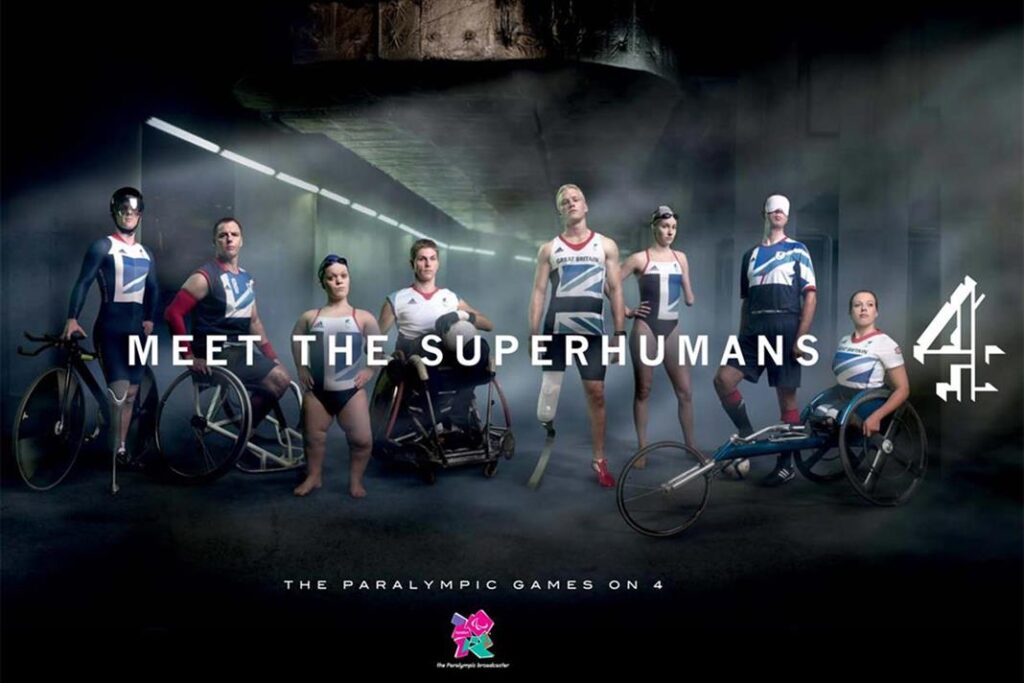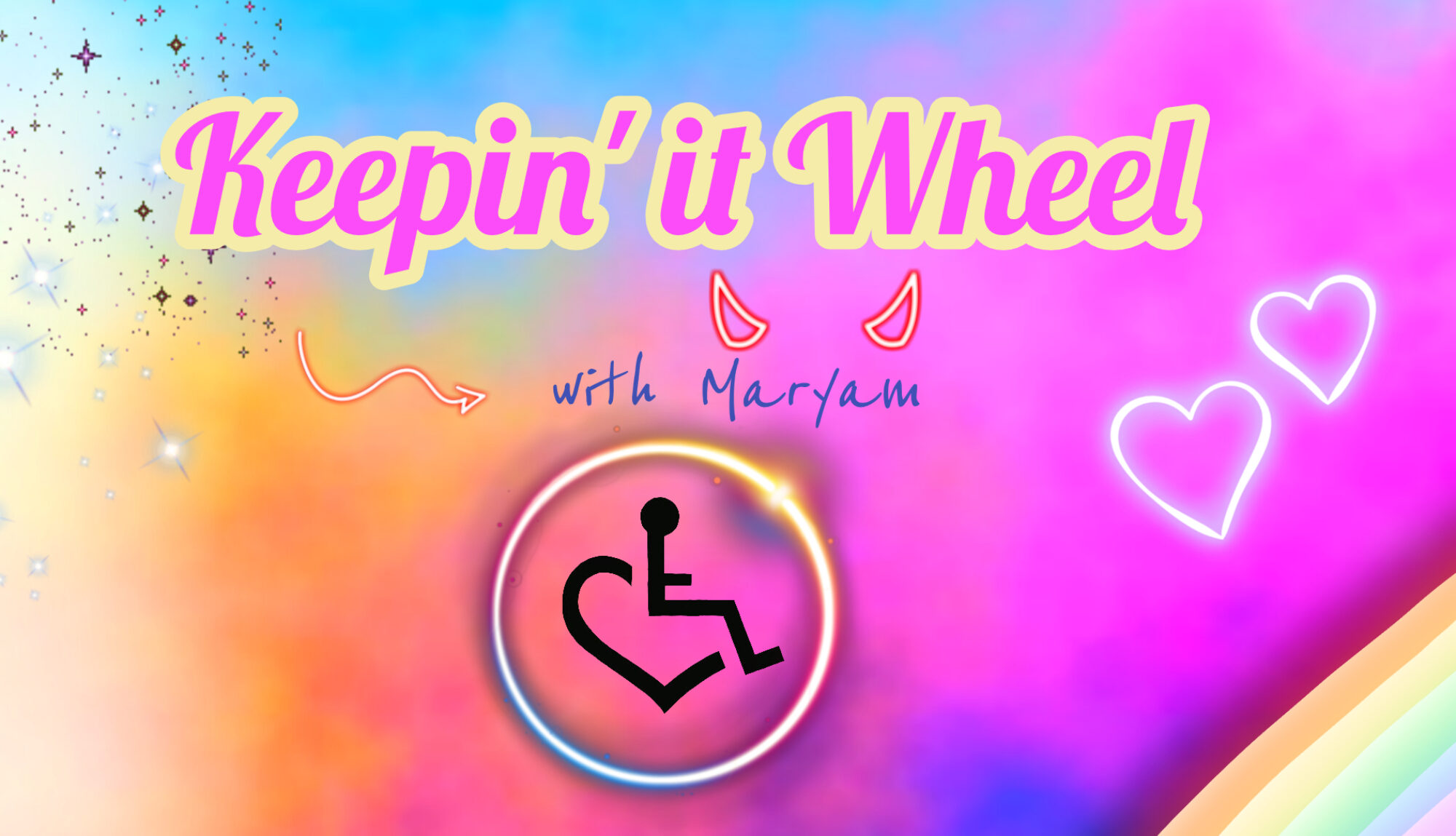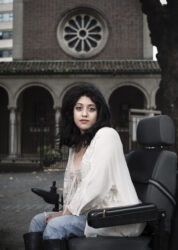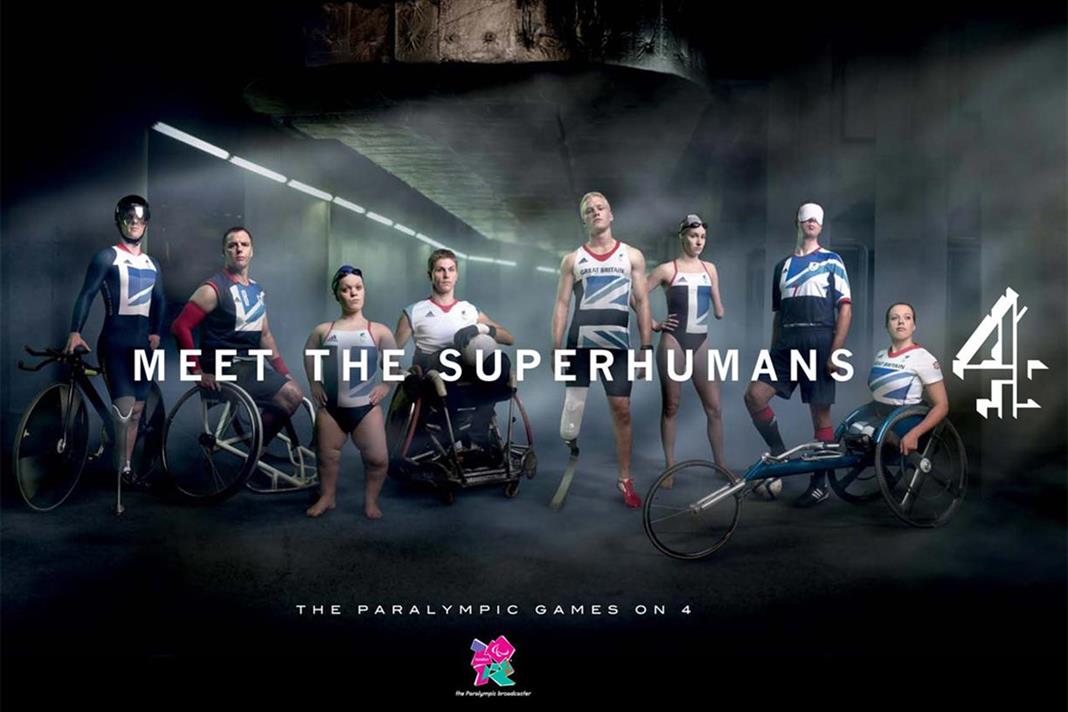The following piece was published in the ILMI E-Bulletin, Friday 27 Nov, 2020:

When I think back to my first ILMI AGM in September 2019, I remember I couldn’t help but feel inspired; it was the first time I had seen so many disabled people together in one room- so many vocal, proactive disabled people. I, like many others who’ve been initiated, realised we’d been missing this our whole life- a community, bonded by the drive to collective action and empowerment; a way to embrace our disabled identity, to find support through each other.
Over time though, there was something in my reaction that I was wary about- I couldn’t help but see these amazing people who had achieved so much- more than I had previously hoped to- as inspirational.
As you know, this is a dirty word in the disability community, popularized as ‘inspiration porn’ by the late comedian Stella Young. I began to worry if my being inspired was a function of internalized ableism.
In some ways it was. The bar on the expectations I had for my own life was being raised by meeting disabled women who were mothers, who could drive, and who worked full time jobs- all things I thought being disabled would prevent me from achieving. But the crucial difference is that I always knew it wasn’t a matter of physical impairment, but that I felt the fight to achieve them in this society would be too much, too depleting, not worth the sacrifices to health.
When I think back to my first ILMI AGM in September 2019, I remember I couldn’t help but feel inspired; it was the first time I had seen so many disabled people together in one room- so many vocal, proactive disabled people. I, like many others who’ve been initiated, realised we’d been missing this our whole life- a community, bonded by the drive to collective action and empowerment; a way to embrace our disabled identity, to find support through each other.
And that is the crucial difference between ‘inspiration porn’ and disabled people inspiring each other. “We are learning from each other’s strength and endurance, not against our body’s diagnosis, but against a world that exceptionalises and objectifies us,” said Stella.
Inspiration porn also contributes to the stigma of mental illness. It tells us that “The only disability in life is a bad attitude.” Although I have CP and use a wheelchair, I have been most impacted by mental illness, which I take medication for and manage holistically. My whole life I have been, in negative representation terms, the opposite of a supercrip- a villain- one who was unable to overcome her only disability of a “bad attitude”. And I still believe it; I still feel that I am the sole cause of my suffering and that my condition must be overcome and fixed.
Sarah Fitzgerald recently wrote a great piece on her blog where she shared her moments of doubting the social model. The internalised ableism we hold against ourselves takes time to excavate. The social model still isn’t recognised, and is seen as particularly audacious when it comes to mental illness. Rather than giving people the supports and reasonable accommodations we need to participate in education and employment, we are written-off as being too damaged to be functional citizens. So, when I see fellow disabled people pushing against these barriers, it gives me hope that I can do the same and reminds me of where the problem is really located.
When I think of some of the things our amazing members have achieved, whether climbing Mount Everest, overcoming institutional abuse, writing incredible poetry or organising to bring about political change in recognition of our rights, all while having to fight every day in a society that impedes us at every turn- that is inspirational. We shouldn’t have to fight so hard, but the fact that we do makes me proud to be part of this band of poets, intellectuals, warriors, creatives, leaders, and everyday heroes.


